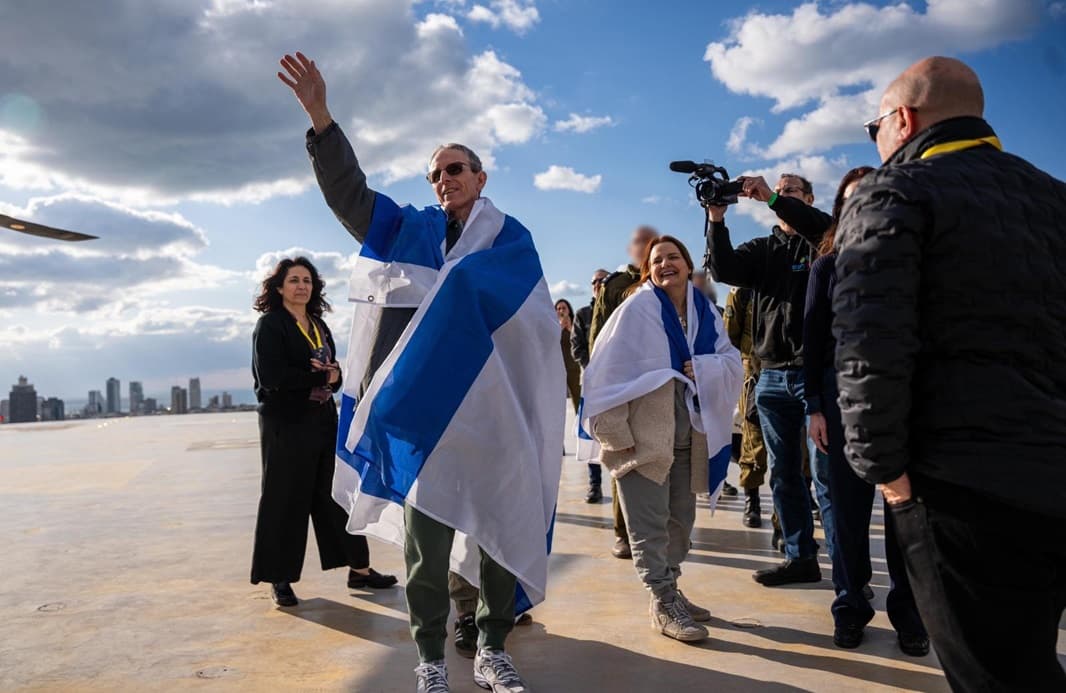
‘Wildcat Banking’: Bitcoin Prices Plunge as Crypto Selloff Picks Up Pace
By LUKE FUNK
|Ohad Ben Ami, who spent much of his time crouched in Gaza tunnels, has not remained quiet since his release.

Already have a subscription? Sign in to continue reading

By LUKE FUNK
|
By LAWRENCE KUDLOW
|
By MATTHEW RICE
|$0.01/day for 60 days
Cancel anytime
By continuing you agree to our Privacy Policy and Terms of Service.